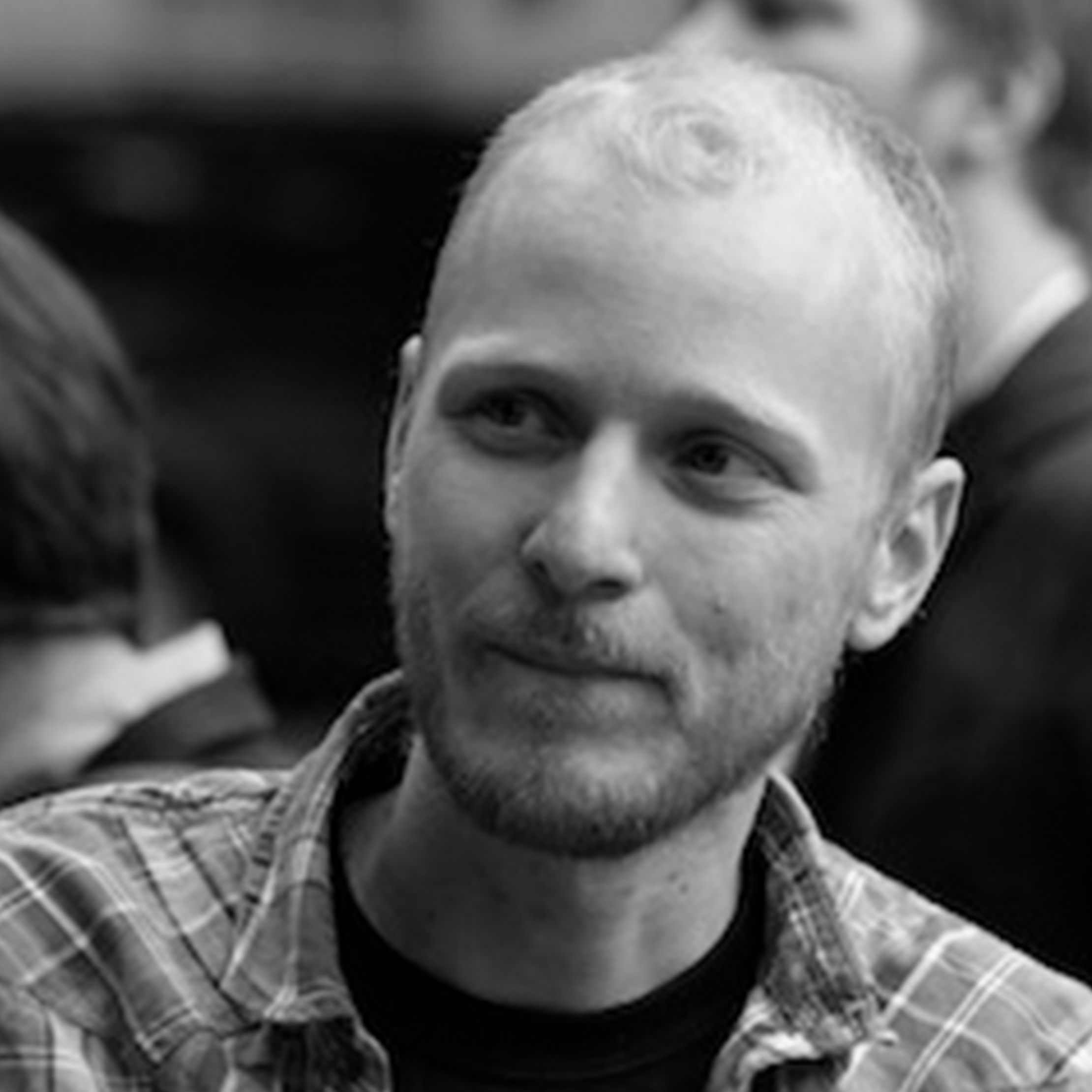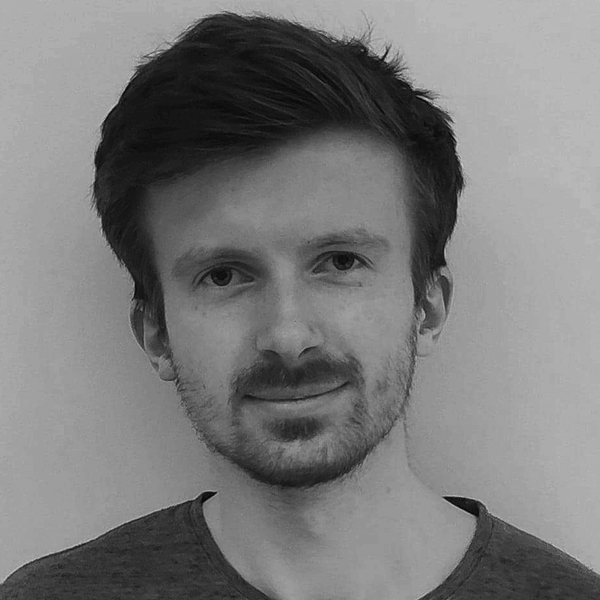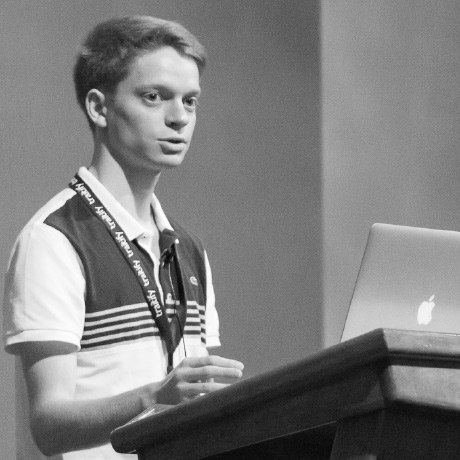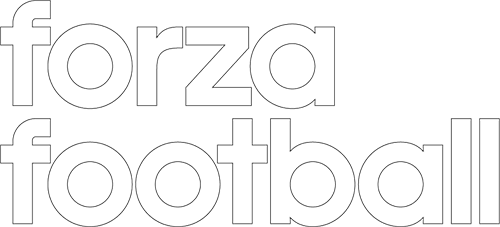
DISCOVER THE FUTURE OF THE ERLANG ECOSYSTEM
For the health and safety of speakers, attendees and the wider community Code BEAM STO is going VIRTUAL.
Code BEAM V will be the third virtual conference from our team. We've developed a format to ensure our virtual events offer the knowledge sharing, inspiration, networking and community experience you'd expect from any of our events.
Enjoy two days of real-world, practical applications of Erlang, Elixir and the BEAM - all within the context of high-performance and massively-scalable distributed systems.
Check your timezone and ADD TO CALENDAR .
Let's stay connected!
videos
DISCOVER THE FUTURE OF THE ERLANG ECOSYSTEM
- 2
DAYS
- 7
THEMES
- 50+
SPEAKERS
- 300+
ATTENDEES
Code BEAM conference are all about discovering the future of the Erlang Ecosystem and bringing together developers as a community to share knowledge & ideas, learn from each other and inspire to invent the future.
Action-packed conferences fused with a mix of talks on innovation and open-source applications based on Erlang, OTP, Elixir, LFE, BEAM and other emerging technologies!
REGISTER - more information will be available soon.
ACADEMIC TICKETS - We love students and academics. Get a special academic discount. More information will be available soon.
DIVERSITY & INCLUSION - We're committed to diversity at Code BEAM V. Applications are open until 30 August 2020.
VOLUNTEER - Join the Code BEAM V family and get free access to the conference! Applications are open until 30 August 2020.
THEMES
THE BEAM
Learn from the leading experts and Erlang committers about new language constructs, VM implementations, and powerful libraries which form the Erlang eco-system. You will learn how many of its features work and how to best use them to write fast and efficient code.
SCALABILITY AND RELIABILITY
Scaling has been a given for many years now and the BEAM supervision concepts are well understood. But you need more, much more. You want to build distributed clusters of massive potential, you want to monitor your systems and automatically provision replacement hardware in case of failures. What is best-practice? What are the big players doing? How do you ensure you don't have to wake in the middle of the night?
TOOLS
It's not always clear what off-the-shelf software is useful in production-quality systems. In the tools track, you will learn what existing production systems' maintainers are using to monitor and test their systems via war stories and experience reports of novice and expert users.
FRAMEWORKS
In the frameworks track, you will learn from the leading experts and committers about new and leading frameworks such as Phoenix, MongooseIM, Nerves and RabbitMQ. You will find out how these frameworks work, how to best use them and where not to use them.
WEB & APIS
With recent innovations the BEAM is now suitable for rapid web application development and gives any of the established frameworks a run for their money. Much work has been done to integrate with cloud providers such as Google and Amazon, and containerisation such as Docker and Kubernetes. The BEAM of 2019 can control your infrastructure, write Google documents, and is ideal for integrating with 3rd party services such as machine learning, and payment providers.
CASE STUDIES
Every new domain that Erlang and Elixir push into brings a new class of problems and a new class of solutions. In this track, we'll learn from other's experience, where things have been peachy and where they haven't been so much. We'll all walk away with a more clear idea of how to build highly reliable software.
INTRODUCTION TO ERLANG AND ELIXIR
New to Erlang and/or Elixir? Interested, but don't know quite where to dig in? We've all been there! In this track, you will learn from other's experience, get a sense of the lay of the software ecosystem, get help from the community and contribute back for everyone's benefit.
Code BEAM STO is a vibrant space where the best of the industry and community gather to rocket the BEAM ecosystem.
Code BEAM STO is a great place to meet others in the community who may be doing similar things to you or something so radically different that it inspires you to new heights.
VENUE
JOIN US ONLINE! (London spirit)
This is a global event accessible to all online!
In spirit, we will be in London, the original location of the Code Mesh event originally scheduled at the time of this event!
Log in details will be sent to all attendees one day ahead of the event.
Schedule
Day 1 - 10 Sep 2020
Time |
Track 1 |
Track 2 |
Track 3 |
|---|---|---|---|
|
13.00 - 13.10 |
Welcome -> (Times in CEST) |
||
|
13.10 - 13.55 |
Natalia Chechina , Laura M. Castro and Viktória Fördős Keynote: Track 1 Unite and conquer
|
||
|
13.55 - 14.10 |
Track 1 An update from the OTP team
|
||
|
14.20 - 15.00 |
Manuel Rubio and Robert Virding Track 1 Programming Languages on top of the BEAM
|
Track 2 Monkey, take the wheel Human Trust Monkey Dmytro Lytovchenko ERLANG SOLUTIONS. The talk briefly explains the Daniel Kahneman's fast and slow thinkers concept, where everyone can operate in easy-going and cheap mode, making mistakes and enjoying the distractions. The talk goes in detail how it is beneficial to accept your human nature, prone to errors, and instead trust your Erlang & Elixir language, available tools, and tests more than you would trust yourself. Intermediate |
Track 3 Real-time Object Detection with Phoenix and Python Experiment Object detection Elixir Alvise Susmel poeticoding.com. YOLO (You Only Look Once) is a state-of-the-art, real-time object detection system. functionalities in a Phoenix app, taking advantage of Python's fantastic set of Machine Learning libraries. Alvise will start by building an Elixir wrapper around a Python library, so he can detect objects on single images. Then we make it real-time on a Phoenix app, detecting objects from a webcam feed. Live demo Intermediate |
|
15.00 - 15.20 |
BREAK |
||
|
15.20 - 16.00 |
Track 1 Who Takes Out Your Trash? Beginner |
Track 2 Decade of writing and selling Erlang based Flussonic Erlang is an Excellent Choice Maksim Lapshin Flussonic. More than 10 years ago, Maksim selected Erlang to be a base of his commercial video streaming server software Flussonic. Maksim is happy with his decision, but will he make another choice in 2020? Maksim will share how he supports, maintains quality and hires people for developing new tasks. Intermediate |
Track 3 Rebuilding a complex web-app with Elixir and Phoenix LiveView Beginner |
|
16.10 - 16.35 |
Track 1 An introduction to the new socket API Sockets Overview Puzzle-piece Raimo Niskanen Ericsson AB, Erlang/OTP. experimental new socket API since OTP 22 that is thinner, lighter, and faster than the old gen_{tcp,udp,sctp} over inet_drv. It is implemented with NIFs on the Unix networking functions, which gives programmers access to _all_ of the socket functionality in the OS networking stack. Overview of the API, implementation how the new sockets is intended to fit in the rest of Erlang/OTP. Intermediate |
Track 2 How a startup survived the hype years of NoSQL Kivra Loves Erlang Alexandre Rodrigues Kivra AB. 2012, the NoSQL hype was strong, a digital mailbox service called Kivra is launched and the choice of database was Riak and the language was Erlang. Today, Kivra is the most used digital mailbox in Sweden. How did the prototype become a reliable system capable of handling changes in terms of time, functionality and load?
|
Track 3 From the idea to a MVP in less than 3 months MVP Pattern OTP Benoit Chesneau Enki Multimedia. What does it mean to develop and deploy products or services written in Erlang on a daily basis? How can you build a product using multiple linked processes or services on one or more machine that will fit your business? How can you provide an MVP or a pilot in less than 3 months? In this talk, Benoit will describe some useful pattern and code/libraries written over Erlang OTP that will help you to achieve it. Intermediate |
|
16.45 - 17.25 |
Bjarne Däcker , Mike Williams and Robert Virding Track 1 Ask me anything about creating Erlang
|
Kenneth Lundin , Ingela Anderton Andin and Lukas Larsson Track 2 Ask me anything about OTP Team
|
Laura M. Castro , Natalia Chechina and Viktória Fördős Track 3 Ask me anything about Research
|
|
17.35 - 18.15 |
Track 1 How the BEAM boots and what can be done about it
|
Track 2 From 10s to 1000s engineers: scaling Erlang developer experience at WhatsApp Advanced |
Track 3 The Holy Grail of Isomorphism Intermediate |
|
18.25 - 19.05 |
Track 1 Don't write NIFs (at least not in C) Native Safety Performance Sonny Scroggin Bleacher Report / Rusterlium. Most experienced Erlangers will caution against writing NIFs, and for good reason! NIFs are notoriously dangerous. Not only do we have to worry about crashing the BEAM, but we run the risk of degrading the scheduler if we're not careful. But what if writing NIFs were safe? In this talk, Sonny will discuss Rustler, a library which makes it incredibly simple to write safe NIFs in Rust.
|
Track 2 A war story - from failures to success Failures Learnings War story Timmo Verlaan Enreach. Developing a communication platform seems to be the perfect fit for the BEAM. At least, that is what we thought when we set out to replace the existing Astrisk-based platform. Picking the proper tools is a good start, but when you develop in isolation for 2-3 years you might not learn about the BEAM characteristics under load. After 6 months in production, the first warning signs started to show.
|
Track 3 Unicode, Charsets, Strings, and Binaries Character sets Character encoding Clarity Marc Sugiyama Datometry. Writing global software means our programs need to speak global human languages. UTF8, latin1, Unicode? And what does Erlang do? This talk demystifies the terminology around character encoding, explains how to retrofit your Erlang program for Unicode using Datometry HyperQ as a case study, and gives some best practices to help you break the one-byte/one-character assumption.
|
|
19.05 - 19.25 |
BREAK |
||
|
19.25 - 20.10 |
Keynote: Track 1 Keynote - Using the BEAM to fight COVID-19
|
||
|
20.10 - 20.15 |
Closing notes |
||
|
20.15 - 21.15 |
Track 1 Birds of a Feather sessions
|
Day 2 - 11 Sep 2020
Time |
Track 1 |
Track 2 |
Track 3 |
|---|---|---|---|
|
13.00 - 13.10 |
Welcome |
||
|
13.10 - 13.40 |
Keynote: Track 1 Keynote: Safety in numbers, securing our BEAM
|
||
|
13.40 - 14.10 |
Keynote: Track 1 JIT Compiler for Erlang/OTP
|
||
|
14.10 - 14.25 |
Track 1 Update: Elixir core dev team
|
||
|
14.35 - 15.15 |
Track 1 Deploying Elixir on Docker Deploy Elixir on Docker Vasu Adari Scripbox. Deploying Elixir application has always had its complexities. But with the 'releases' support introduced in Elixir v1.9, it has become seamless. Since everybody likes containerising their apps, we'll also try to containerise our releases and deploy on to our most loved cloud service(AWS). Intermediate |
Edmond Begumisa and Roshan Giri Track 2 Flamegraph and heatmap profiling. Profiler Heatmaps Flamegraphs Edmond Begumisa Medical Objects Pty Ltd.. Profiling Erlang systems is tricky due to their concurrent nature. new open-source low-overhead profiler which samples callstacks and graphically categorises them by process status, reductions, memory and message queue length over time making it easy to identify code where time and memory is being spent. identify both sequential and concurrency bottlenecks in our Erlang Healthcare HL7 message processing system. Advanced |
Track 3 Mnesia as a complete production database system The Understated Mnesia Chaitanya Chalasani Access Europe GmbH. Mnesia is often underplayed as an in-memory cache and is seldom used alone in production. The first part of the talk is to present few case studies of using only Mnesia as the production database engine for large throughput services. The second part of the talk is to present an open-sourced framework for Mnesia (Tivan) which is a collection of utilities and behaviours that enriches its role as a prime database engine. Advanced |
|
15.15 - 15.35 |
BREAK |
||
|
15.35 - 16.15 |
Track 1 Graceful shutdown in Elixir - try not to drop the ball
|
Track 2 Boost your productivity with the Erlang Language Server
|
Track 3 TLS the OTP way TLS-1.3 is a major upgrade of the TLS-1.2 protocol. A lot of legacy is thrown out and new mechanisms will replace old flawed ones. Most of the TLS handshake will be encrypted as opposed to earlier when most of the first handshake was in plain text and encryption started first when sending the final handshake confirmation message. TLS-1.3 also puts new requirements on TLS-1.2 to pave the way for migration. Intermediate |
|
16.25 - 16.50 |
Track 1 Consensus Protocols in OTP Advanced |
Track 2 A Beginner's Guide to TLA+: Exploring State Machines & Proving Correctness
|
Daniel Widgren and Niclas Axelsson Track 3 Nova: a web framework for Erlang Simplify Web Development Daniel Widgren N/A. This is a framework that started a long time ago but now is gathered as a package. With influences from Chicago Boss and Phoenix, we wanted an Erlang framework that was easy to use. http://novaframework.org/ https://github.com/novaframework/nova
|
|
16.55 - 17.40 |
Hans Elias B. Josephsen , Maxim Kharchenko , Kresten Krab Thorup , Kenneth Lundin and Brian Cardarella Track 1 Panel Discussion on Erlang Virtual Machines
|
||
|
17.00 - 17.40 |
José Valim and Eric Meadows-Jönsson Track 1 Ask me anything about Elixir
|
Bjarne Däcker , Mike Williams and Robert Virding Track 2 Ask me anything about creating Erlang
|
Track 3 Ask Me Anything about Erlang Ecosystem Foundation
|
|
17.50 - 18.30 |
Track 1 Four patterns to save your codebase and your sanity (codebase) Scalability, Productivity Marcelo Lebre Scaling a codebase balance of vertical horizontal approaches. Independently if you choose domain-driven design, hexagonal or simple MVC you can add more files or keep increasing the ones you have. McCabe's cyclomatic complexity is that functions and methods that have the highest complexity also contain the most defects. Handlers, Services, Finders and Values
|
Track 2 Visualising concurrency with Kotlin Advanced |
Track 3 Applied Telemetry: Lessons from the Field Observability Telemetry Tracing Bryan Naegele Weedmaps. As the telemetry ecosystem grows and adds tracing support to its list of observability concerns, it's important for users and library maintainers to get a grasp on what it all means to them. We'll cover the Five Ws and How to improve the runtime observability story for everyone in the Erlang/Elixir ecosystem. Intermediate |
|
18.40 - 19.20 |
Track 1 Adventures in High Performance Logging Massive Log Throughput John Mertens Change.org. What do you do when you need to write to a log in your Elixir app? Use Logger, of course! But what happens when you reach its limits? This talk uses a real-world example to explore what happens when your system scales past the tools that come with the BEAM. We'll build our way from Logger, to disk_log, to a custom GenStage pipeline, all the while striving for the highest performance solution.
|
Track 2 Kubernetes and the Beam
|
Track 3 Nerves of Steel Reliable Hardware Uptime Jon Carstens Smartrent. Nerves is an up-and-coming framework combining Elixir & Linux for powerful embedded development. Feature packed, backed by the BEAM, and simple to get working on a device. We leverage the awesome power of Nerves+BEAM to make ultra-resilient embedded devices! In this talk, we dive into some useful practices for ensuring your Nerves device stays up. Intermediate |
|
19.20 - 19.40 |
BREAK |
||
|
19.40 - 20.25 |
Keynote: Track 1 Keynote: Software for one. Ideas for all
|
||
|
20.25 - 20.35 |
Closing notes |
||
|
20.35 - 21.35 |
Track 1 Lightning talks
|
Track 2 Birds of a Feather sessions
|
Our speakers

Natalia Chechina
One of the core authors of SD Erlang, lecturer in computing (Bournemouth University)
Keynote:
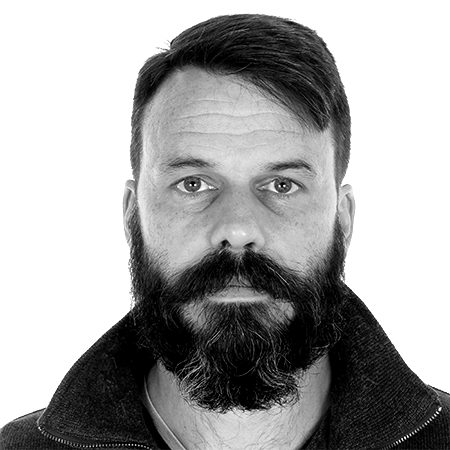
Christopher Price
Head of Open Source @ Ericsson
Keynote:
Keynote: Safety in numbers, securing our BEAM
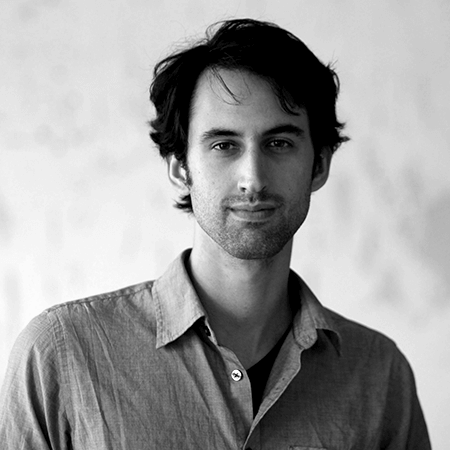
Chris Keathley
Dynamic Language Apologist, Elixir hacker, Senior Engineer
Keynote:
Keynote: Software for one. Ideas for all

Ingela Anderton Andin
Top female contributor to Erlang/OTP; SW developer in the OTP team
Ask me anything about OTP Team

Gabriel Kolawole
Platform Developer @ Coingaming

Sanne Kalkman
Developer / Teacher / Crafter

Manuel Rubio
Polyglot Developer, Writer, Manager and Trainer

Kenneth Lundin
Head of the Erlang/OTP Team at Ericsson
Panel Discussion on Erlang Virtual Machines
Ask me anything about OTP Team

Harsh Balyan
Senior software engineer @ Scripbox

Marc Sugiyama
Experienced Erlang engineer, consultant, and trainer

Peer Stritzinger
GRiSP Inventor, Distributed Computing in IoT and everywhere

Roshan Giri
Experienced parallel and concurrency enthusiast developing secure medical messaging system @ Medical Objects Pty Ltd

Anton Lavrik
Lead of WhatsApp Erlang team
From 10s to 1000s engineers: scaling Erlang developer experience at WhatsApp

Chaitanya Chalasani
Using Erlang and Incubating Erlang Teams in India since 2003

Timmo Verlaan
Erlang & Elixir contributor, Nerves/GRiSP enthusiast!

Ryan Resella
Trying to make the world better through the use of technology.

Benoit Chesneau
Edge computing artisan

Alvise Susmel
Software engineer, in love with Elixir, founder of poeticoding.com

Jeff Weiss
Knows more about SCADA protocols than he cares to, Senior Software Engineer @ Enbala Power Networks
A Beginner's Guide to TLA+: Exploring State Machines & Proving Correctness
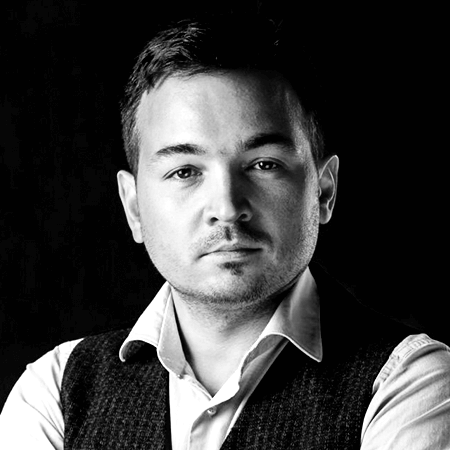
Maksim Lapshin
Owner of Flussonic

Edmond Begumisa
Experienced enterprise Erlanger building scalable medical messaging systems @ Medical-Objects Pty Ltd.

Pawel Szafran
FP pragmatist who chose Elixir over Scala and Clojure

Marcelo Lebre
CTO and co-founder of Remote, crazy for building scalable projects and teams

Nikola Begedin
Full-stack engineer @ V7 Labs

Dániel Szoboszlay
Juggling the data of Europe's biggest fintech unicorn

Bryan Naegele
Author and maintainer of the Prometheus Telemetry. Metrics Reporter.

Raimo Niskanen
Author of gen_statem, co-author of the new socket interface

Mikkel Høgh
18 years of experience building web applications in of all shapes and sizes
Rebuilding a complex web-app with Elixir and Phoenix LiveView

Dmytro Lytovchenko
Senior developer at Erlang Solutions, refactoring terrible software to be pretty and readable

Maxim Kharchenko
A programming language enthusiast, Erlang in particular.
Panel Discussion on Erlang Virtual Machines

Bjarne Däcker
Former manager of the Computer Science Laboratory at Ericsson
Ask me anything about creating Erlang
Ask me anything about creating Erlang

Mike Williams
Erlang Co-Inventor
Ask me anything about creating Erlang
Ask me anything about creating Erlang

Sebastian Strollo
Erlang Developer and Cofounder at Avassa
Ask Me Anything about Erlang Ecosystem Foundation
OUR SPONSORS
Code Sync and Erlang Solutions uses cookies to personalise your experience. By using this site you consent to the use of cookies Cookie Policy



